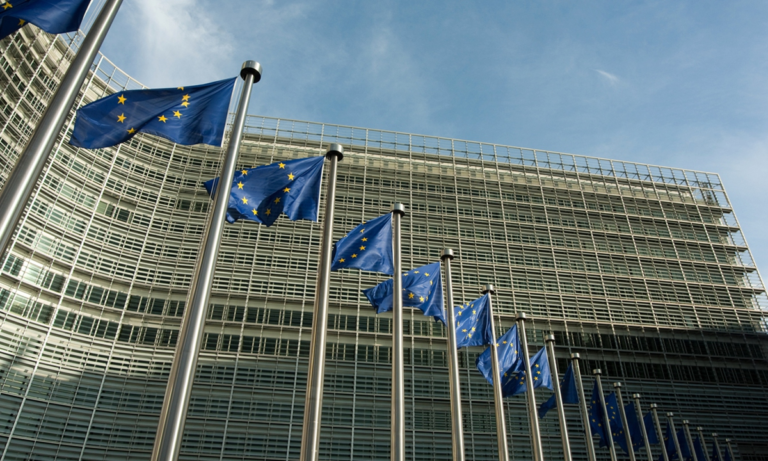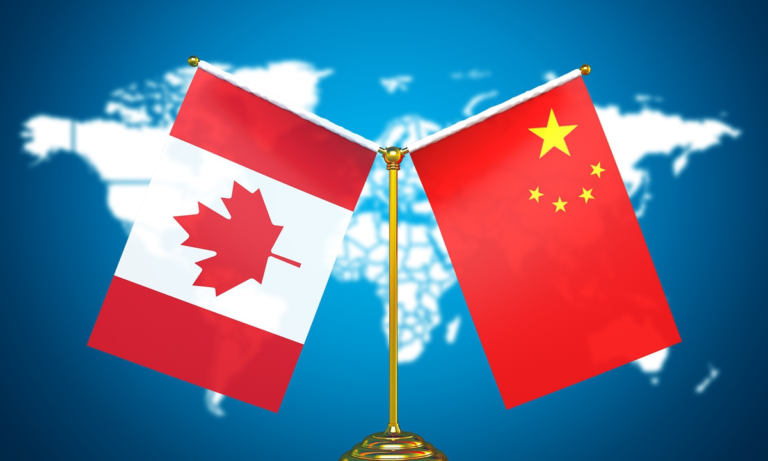
India’s expanding naval fleet is upholding security and stability across the Indian Ocean Region (IOR), a vital corridor for global shipping, officials and analysts say. With the recent commissioning of three domestically built vessels — and with about 60 large vessels under construction — the maritime forces of the world’s most populous country are a key counterweight to Beijing’s attempts to gain influence in the region.
While the Indian Ocean has generally been a “a zone of peace,” the situation has been challenged, retired Indian Navy Rear Adm. Monty Khanna said during a January 2025 roundtable presented by the Stimson Center, a Washington, D.C.-based think tank. Among the destabilizing factors: Beijing’s efforts to undermine the status quo and anti-ship ballistic missile attacks in the Red Sea by Iranian-backed Houthi rebels.
India’s naval program underscores the nation’s commitment to strengthening maritime capabilities amid such threats.
The January 2025 commissioning of a destroyer, submarine and frigate demonstrates the domestic defense industry’s capacity and the Indian Navy’s growing strength in the IOR, Prime Minister Narendra Modi and Defence Minister Rajnath Singh noted during the ceremony in Mumbai.
INS Surat is the fourth guided-missile destroyer commissioned for the Navy and is equipped with advanced weapon-sensor systems, the Defence Ministry reported. INS Nilgiri, the Navy’s first P17A stealth frigate, features enhanced survivability and stealth capabilities, showcasing India’s next-generation frigate design. INS Vaghsheer is the fleet’s sixth P75 Scorpene diesel-electric attack submarine, built in collaboration with France’s Naval Group.
The naval fleet has expanded significantly in recent years, including the 2022 commissioning of INS Vikrant — India’s first domestically built aircraft carrier — and the nuclear-powered submarines INS Arihant and INS Arighaat, commissioned in 2016 and 2024, respectively. Plans call for the fleet to reach 175 ships by 2035, prioritizing the integration of domestically manufactured components.
At the triple commissioning, Modi praised the Navy and Coast Guard as the IOR’s first responders, including rescuing hundreds of people and safeguarding national and international cargo.
Singh noted that much of global trade transits the IOR, where threats include trafficking of contraband and humans, illegal fishing and terrorism. “In such a situation, the presence of a strong Indian Navy in [the] IOR becomes our biggest priority,” he said.
China’s rapid shipbuilding is another concern, thereby justifying New Delhi’s increased investment in combat vessel production to deter conflict, according to retired Indian Army Lt. Gen. Raj Shukla.
Beijing established a military base in Djibouti in the Horn of Africa and secured access to key ports such as Gwadar in Pakistan and Hambantota in Sri Lanka, while deploying warships and submarines for intelligence gathering and other operations, according to an analysis published by the United States Studies Centre in Sydney, Australia.
Shukla said India must rapidly develop an anti-access/area denial framework in the IOR, along with enhanced power projection capabilities across the Malacca Strait, a key choke point for global shipping.
“There is a strong case to enhance defense expenditure to arrest the growing strategic-military lag with China, modernize our instrument of force and strengthen our posture in the periphery/immediate neighborhood,” he wrote in a February 2025 essay for the Chanakya Forum, an Indian think tank.





